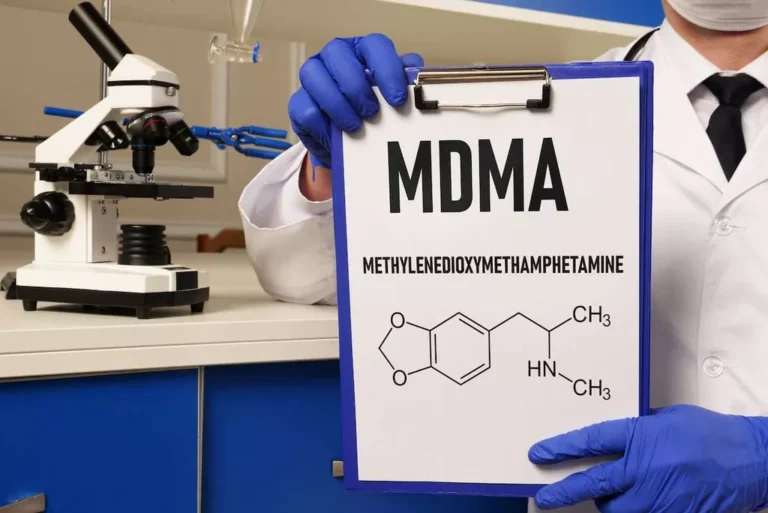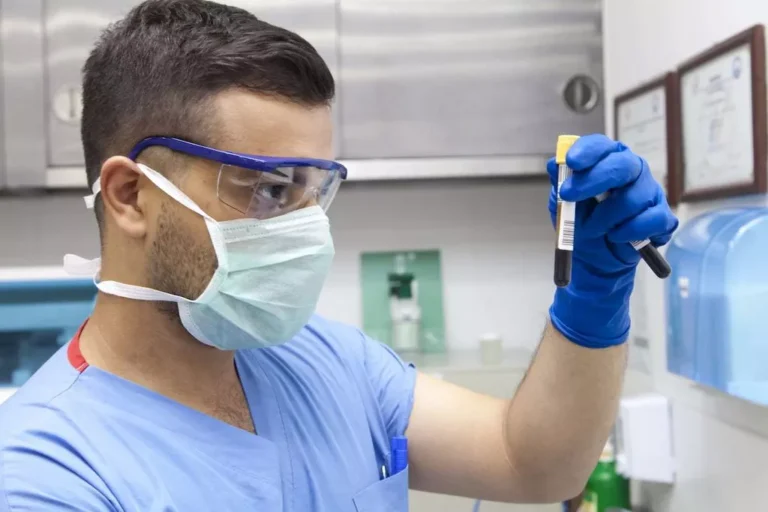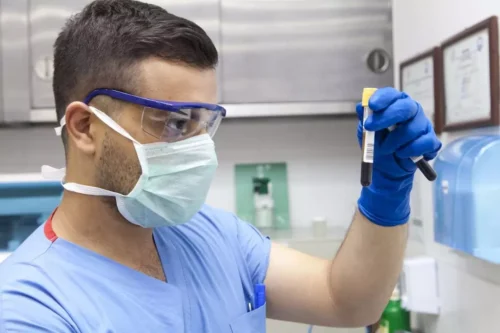In many cases, dehydration can be prevented by consuming enough fluids and foods with high water content, such as fruits and vegetables. To the xanax replacement extent possible, avoid being outside for long periods in the heat, and bring outdoor workouts indoors when temperatures climb. Although mild to moderate dehydration can usually be treated at home, moderate to severe dehydration may require medical treatment, such as receiving fluids through an IV.
Chronic Dehydration: How to Rehydrate With Ongoing Symptoms
At this point, it’s obvious to those close to you that you’re struggling. You might miss work, forget to pick up the kids, become irritable, and notice physical signs of alcohol abuse (facial redness, weight gain or loss, sluggishness, stomach bloating). Support groups can be a highly effective form of help at this stage. Cells need glucose (sugar) and insulin to function properly. Glucose comes from the food you eat, and insulin is produced by the pancreas.
Alcohol’s diuretic effects mean it’s difficult to avoid experiencing some level of dehydration from drinking. However, you may be able to minimize its severity by following a few simple tips. Consuming foods with high water content, such as fruits and vegetables, can help counteract the dehydrating effects of alcohol.
Recovery Coaching
If you mix alcohol with caffeinated drinks (ex. rum and Coke), you’re also increasing your dehydration factor, as caffeine will make you pee more which leads to further dehydration. The reasons why a high body weight has links to dehydration are still unclear, but it may be due to the kidneys working harder or fluid being distributed differently in the body. In older adults and in people who are very ill, dehydration is a risk factor for delirium and delirium that looks like dementia. Dehydration is a risk factor for confusion among people who live in long-term care facilities.
About the Author
If your blood glucose level is elevated, your doctor may also perform a hemoglobin A1C (HgA1C) test. This test will provide information about your sugar levels to help determine whether you have diabetes. These conditions have to be ruled out before a medical professional can diagnose you with alcoholic ketoacidosis.
- Avoid drinking more than 48 ounces of water or sports drinks in an hour because doing so might cause the amount of salt in your blood to drop too low.
- Excessive urination from drinking alcohol causes your body to lose electrolytes, which are important minerals involved in many bodily functions, including nervous system function (4).
- Only about 5 percent of patients with alcohol withdrawal progress to DTs, but about 5 percent of these patients die.
- Under normal conditions, the kidneys require solute to excrete free water.
- Below are examples of functional changes you might notice at different levels of intoxication.
Depressed After Quitting Drinking? This Is Why It Happens.
You should also follow all of your doctor’s recommendations to ensure proper nutrition and recovery. In addition, certain activities, such as exercise or working outdoors in the heat, can increase the risk of dehydration. You might drink less than you need if you feel sick or nauseated, have limited access to fluids, or don’t drink enough fluids when you spend time in the heat or exercise more than usual. If you or your child experience symptoms of severe dehydration, seek immediate medical attention. Water intake can be something we overlook, especially when we’re outside having fun.
Dehydration is the term for your body’s reaction when you don’t drink enough water, resulting in a fluid deficiency. Chronic dehydration is a condition when dehydration recurs for longer periods, sometimes regardless of how much fluid you take in on a particular day. On average, hydrated people urinate between 4-7 times a day. The color of urine is determined by the number of waste products in the fluid. The more water the body has for the kidneys to mix with the waste, the lighter the urine will be.
It is essential to be aware of these factors and take steps to mitigate the risks. Low daily water intake may cause persistent tiredness and difficulty focusing. These symptoms can negatively affect a person’s daily life and may interfere with work, exercise, or socializing. For example, foods such as fruits and vegetables contain high amounts of water. Sweating due to exercise or heat increases the loss of water. People who are pregnant or breastfeeding also need more water.




